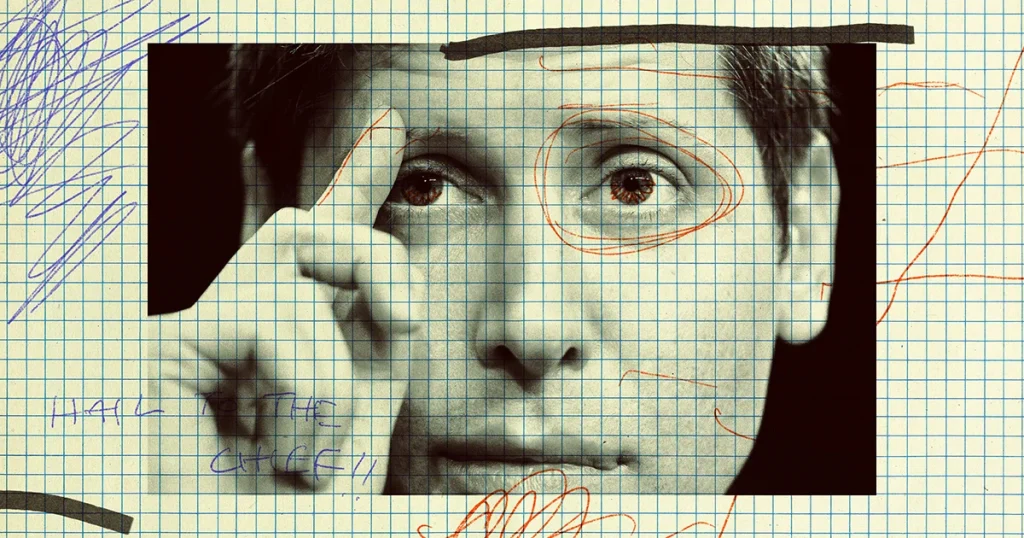College Students Deliberately Add Typos to AI-Written Papers to Evade Detection

In an effort to bypass artificial intelligence (AI) detection tools, college students are reportedly inserting typos into their AI-generated essays.
A recent feature in New York Magazine highlights how AI use in academia has become so widespread that students are now finding clever ways to manipulate the system for their advantage.
While it’s common for students to edit the content generated by AI chatbots like ChatGPT, some students are taking it a step further by adding intentional errors to their papers, making the output appear more human-written. This strategy aims to evade detection by AI-detection software, which is increasingly used by instructors to spot bot-generated content.
Some students have even gotten creative with their prompts. In a viral TikTok shared by New York Magazine, one student explained that they instruct AI chatbots to write essays “as a college freshman who is a li’l dumb” to make the content appear more natural and less polished.
Stanford sophomore Eric shared with NYMag that his peers have become adept at circumventing AI detection. “You put a prompt in ChatGPT, then put the output into another AI system, then into another one,” he explained. “Every time you do that, the AI-detection system registers less and less AI usage.”
Ironically, students who go through such elaborate steps to make their AI-generated essays sound human could easily apply that same creativity to write their essays themselves. Still, the growing trend raises concerns among educators.
“They’re using AI because it’s a simple solution and a way to avoid spending time writing essays,” Sam Williams, a teaching assistant at the University of Iowa, told the magazine. “I get it, because I hated writing essays when I was in school.”
Williams recalled being taken aback by the stark difference in quality between two assignments in a general education course on music and social change. The first essay, which was a personal reflection on their tastes, seemed normal. However, the second essay on the history of New Orleans jazz was full of inaccuracies, including a reference to Elvis Presley — a musician with no ties to the jazz scene in New Orleans.
“I literally told my class, ‘Hey, don’t use AI,'” Williams shared. “‘But if you’re going to cheat, you have to cheat in a way that’s intelligent. You can’t just copy exactly what it spits out.'”
It appears that students have taken that advice to heart, with many becoming increasingly savvy in their use of AI. Williams, like many educators, is worried that the rise of AI use in academic settings is encouraging students to avoid challenges rather than confront them.
“Whenever they encounter a little bit of difficulty, instead of fighting their way through that and growing from it, they retreat to something that makes it a lot easier for them,” Williams said.
This growing trend of AI manipulation is raising serious concerns about its long-term impact on academic integrity and the development of critical thinking skills.

